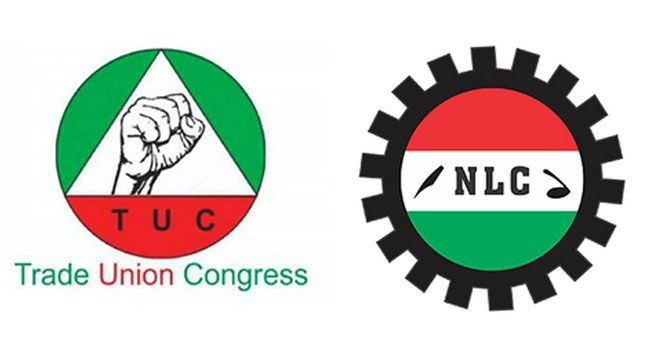Organised Labour says it will soon come up with a strong position on the suspension of the payment of the wage award to civil servants and has warned the federal and state governments to prepare to increase the minimum wage from the current N30,000 monthly.
It also warned state governors that they would have no choice but to pay the minimum wage once it is signed into law next year.
Already, conversations are being held around the new minimum wage, which is expected to be signed into law soon. The Federal Government on its part has budgeted the sum of N1tn for minimum wage adjustments, promotion arrears and severance benefits for civil servants in its Ministries, Departments and Agencies, analysis of the 2024 appropriation budget released by the Budget Office of the Federation revealed.
However, state governments have largely remained silent on the issue of a new minimum wage for their workers, even in the face of escalating cost of living nationwide.
The Minister of Information and National Orientation, Idris Mohammed, said that the current N30,000 minimum wage would expire at the end of March 2024.
The Federal Government’s team and the Joint National Public Service Negotiating Council on October 18, 2019, agreed on the implementation of the N30,00 minimum wage after months of negotiations.
The Deputy President of the Trade Union Congress, Tommy Etim, said the body might resolve to embark on a prolonged industrial action during its next national executive council meeting.
“The negotiation for a new minimum wage will be based on socio-economic realities. That is what we are going to take to the table. We are going to look at all indices that a worker needs. The housing, transportation, and all these components will form the basis of our discussion and negotiation. So, it is not going to be on a round figure basis. The current minimum wage will be determined by the current prices of items.”
When asked about states that have failed to factor in adjustments for the new minimum wage in their budgets, the Head of Information of the Nigeria Labour Congress, Benson Upah, said, “Once the law is passed, they will be under obligation to comply with it. How they fund it will be up to them. At least they have the window of supplementary appropriation.”
Ahead of next year’s negotiation for a new minimum wage for workers in the country, the NLC insisted that only an amount reflective of the current economic realities would be accepted.
The President of the congress, Mr Joe Ajaero, stated this last Tuesday in Abuja at the 19th edition of the NLC 2023 Harmattan School.
Ajaero, represented by the Vice-President of the NLC, Mr Benjamin Anthony, said it was necessary for the government at all levels to recognise that life and living conditions were getting more difficult.
The removal of subsidies on petroleum products has further worsened the challenges faced by working people. That is unleashing severe pain and contributing to galloping inflation and increasing inequality and poverty.




